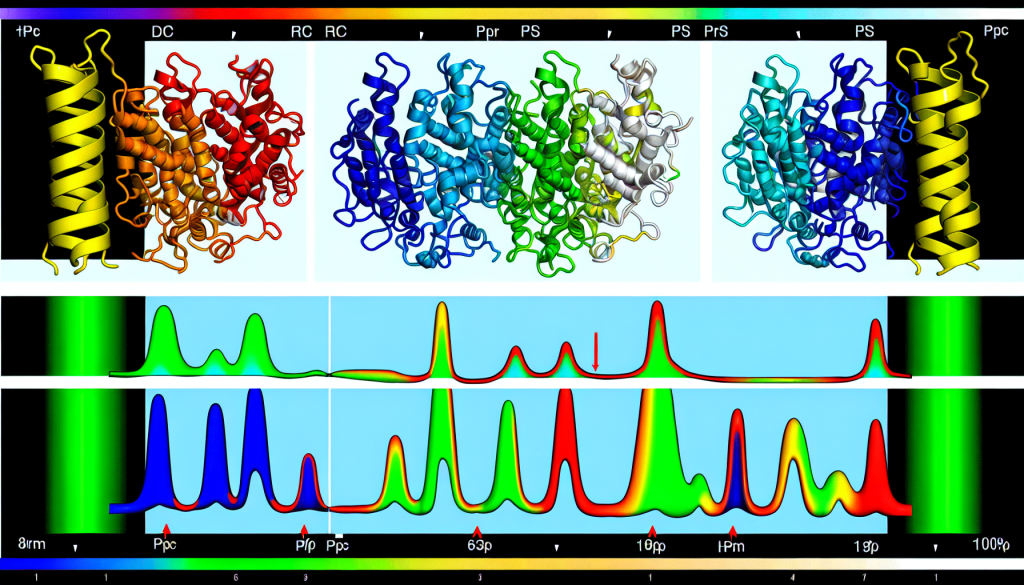Understanding Homeopathy
Homeopathy is a system of alternative medicine that operates on the idea that the body possesses a natural ability to heal itself. Its practitioners apply minuscule quantities of natural elements, such as herbs and minerals, in their treatments, which are believed to encourage the body’s self-repair mechanisms.
This approach originated in Germany during the late 18th century. While homeopathy has gained a foothold across several European nations, it hasn’t seen the same level of widespread use in the United States.
How Is It Supposed to Work?
Homeopathy is founded on the principle that “like cures like.” Essentially, a substance that causes symptoms in a healthy person can — in minute doses — address illnesses that display similar symptoms. This is thought to activate the body’s natural defense systems.
Take, for example, red onion, which often makes individuals tear up. This is why homeopathic formulas for allergies may incorporate red onion. Other remedies might include poison ivy, white arsenic, crushed whole bees, or the herb arnica, each targeting various conditions.
Homeopathic practitioners, often referred to as “homeopaths,” dilute these substances by mixing them with water or alcohol. Afterward, they vigorously shake the mixture through a process known as “potentization.” This step is believed to impart the essential healing qualities of the substance. Moreover, homeopaths propose that lower doses are more potent. Many remedies are so diluted that they no longer contain any detectable molecules of the original element. These treatments are available in different forms, such as sugar pellets, liquid drops, creams, gels, and tablets.
When you visit a homeopath, they will delve into various aspects of your overall well-being — emotional, mental, and physical. Based on this, they will recommend a specific remedy tailored to your set of symptoms.
Additionally, over-the-counter homeopathic products are available at pharmacies and health food stores. However, their potency and consistency might vary depending on the manufacturer.
What Issues Can Homeopathy Address?
Homeopathy is applied to a broad range of health issues, including some chronic conditions:
- Allergies
- Migraines
- Depression
- Chronic fatigue syndrome
- Rheumatoid arthritis
- Irritable bowel syndrome
- Premenstrual syndrome
It’s also used for treating milder concerns such as bruises, minor cuts, toothaches, headaches, nausea, coughs, and colds.
However, it’s advised not to rely on homeopathy for severe or life-threatening conditions like asthma, cancer, or heart disease, nor should it be considered during emergency situations. Furthermore, avoid using homeopathic products like "nosodes" as a substitute for vaccines, as there is no scientific backing for their effectiveness as vaccine alternatives.
Is There Evidence It Works?
The body of research on homeopathy yields mixed results. Some findings suggest that homeopathic treatments may offer benefits, while others refute these claims. Skeptics attribute the results to the placebo effect, which occurs when a patient experiences relief simply because they believe the treatment is effective, not necessarily because of the treatment itself. The brain, in turn, may release certain chemicals that temporarily lessen the pain or alleviate symptoms.
This division extends to the medical community. Many doctors and scientists doubt the effectiveness of homeopathy because its underlying theories often conflict with widely accepted principles of chemistry and physics. They argue that remedies containing little or no active ingredients should theoretically have no impact on the body.
Are There Any Risks?
Homeopathic products are subject to oversight by the FDA, but the agency doesn't evaluate these remedies for safety or efficacy. Most are so highly diluted that they pose little risk of side effects, although exceptions exist. Some homeopathic treatments may include substantial amounts of active ingredients, such as heavy metals, which can be harmful.
A notable example occurred in 2016, when the FDA issued a warning about the dangers of using homeopathic teething tablets and gels for infants due to potential health hazards.
If you’re considering homeopathy, it’s crucial to consult with your physician beforehand. They can assess any potential risks and ensure these remedies won’t interact negatively with any medications you’re currently using.


